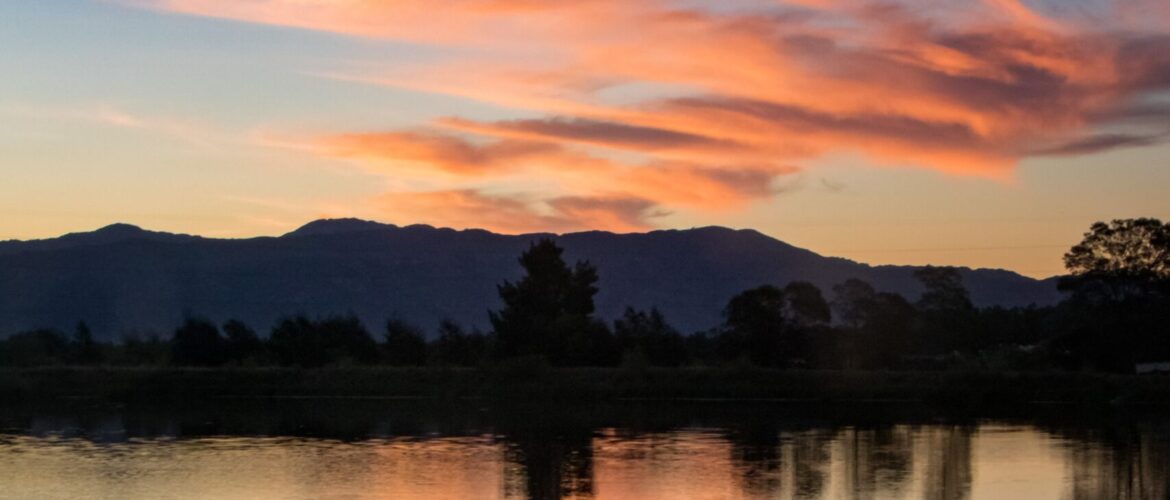By Katie P. Bernhard, Edwin Sabuhoro, and John Dattilo, Penn State University, USA
Researchers from Penn State University, USA, Katie P. Bernhard, Edwin Sabuhoro, and John Dattilo, have a paper accepted for publication in the International Journal of Sociology of Leisure titled “Colonial Influence on Local Conceptions of Leisure and Environment in East Africa: Intersections Between Two Literatures.” The following is a detailed abstract of their findings.
In East Africa, settler-colonization during the Scramble for Africa period and the militarized conservation regimes that became a common feature of colonial governance in the region, characterized by conserved land secured via fences and patrols of armed rangers, fundamentally altered locals’ access to and relationship with their land and natural environment. In parallel to the impacts on locals’ relationship with nature, direct colonial governance impacted local expressions of leisure. Colonial authorities often enforced particular activities during times normally allocated as free time, forcing individuals sometimes to perform tasks or engage in activities contrary to local conceptions of leisure. This paper draws linkages between two discrete but related scholarly literatures focusing on African contexts: the lasting influences of a particular period and type of colonization on local peoples’: (a) conceptions of leisure, and (b) relationships to their natural environment. East Africa is the primary regional focus, to contain the scope. Snowballing literature search and database keyword searches are used for literature review, in which African-authored scholarship is prioritized to address Euro-North American bias in academic research. Evidence in the literature describes how leisure and perceptions of nature were constrained and redefined during the settler-colonial period and their evolution in the postcolonial era inform how leisure and perceptions of nature are shaped in the present. However, the paper focuses only lasting impacts of a particular period and type of colonization, and thus the lasting impacts are likely to be deeper than those described in this analysis. Next, the paper draws on intersections of these literatures to examine a contemporary issue in East Africa: recent efforts to increase domestic ecotourism by encouraging locals to engage in nature-based recreation activities and leisure experiences. The paper contributes to the African ecotourism literature by intersecting colonization, sociology of leisure, and tourism literatures to identify contemporary historically-rooted opportunities and challenges in domestic ecotourism in East Africa, highlighting gaps in sociology of leisure and ecotourism literatures pertaining to prospective African tourists’ perceptions of ecotourism activities.





Leave a Comment